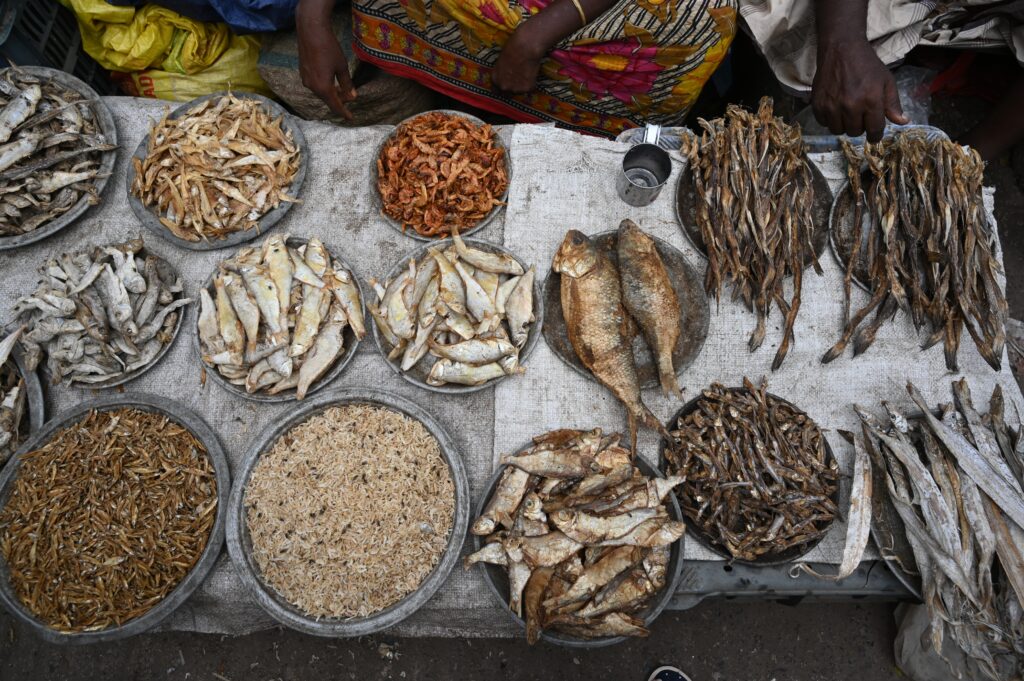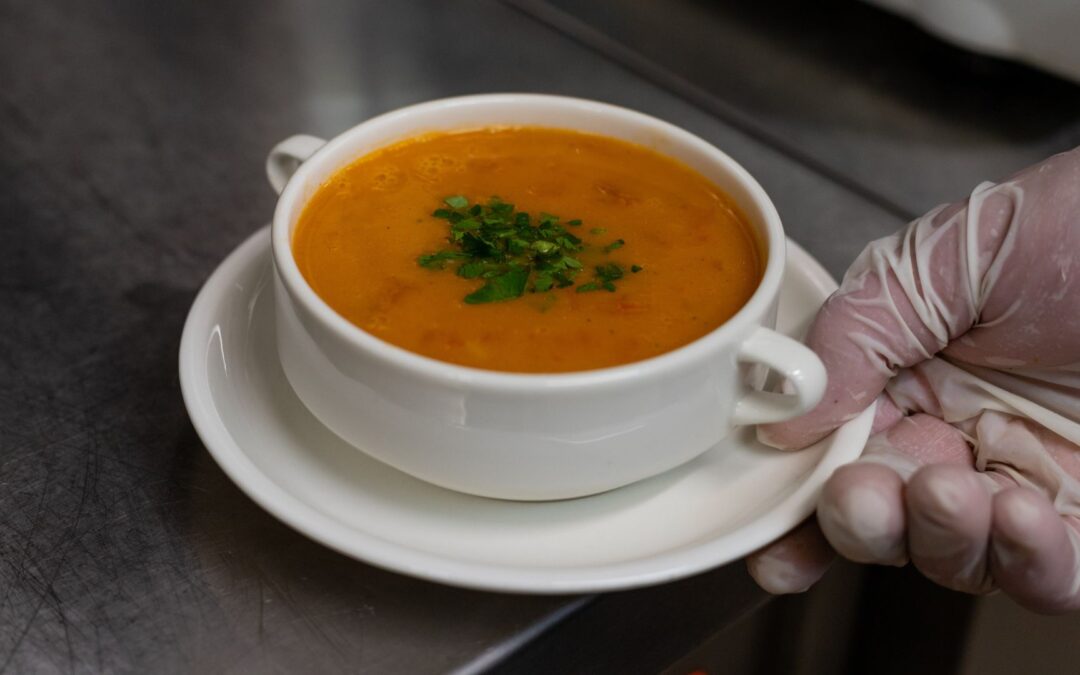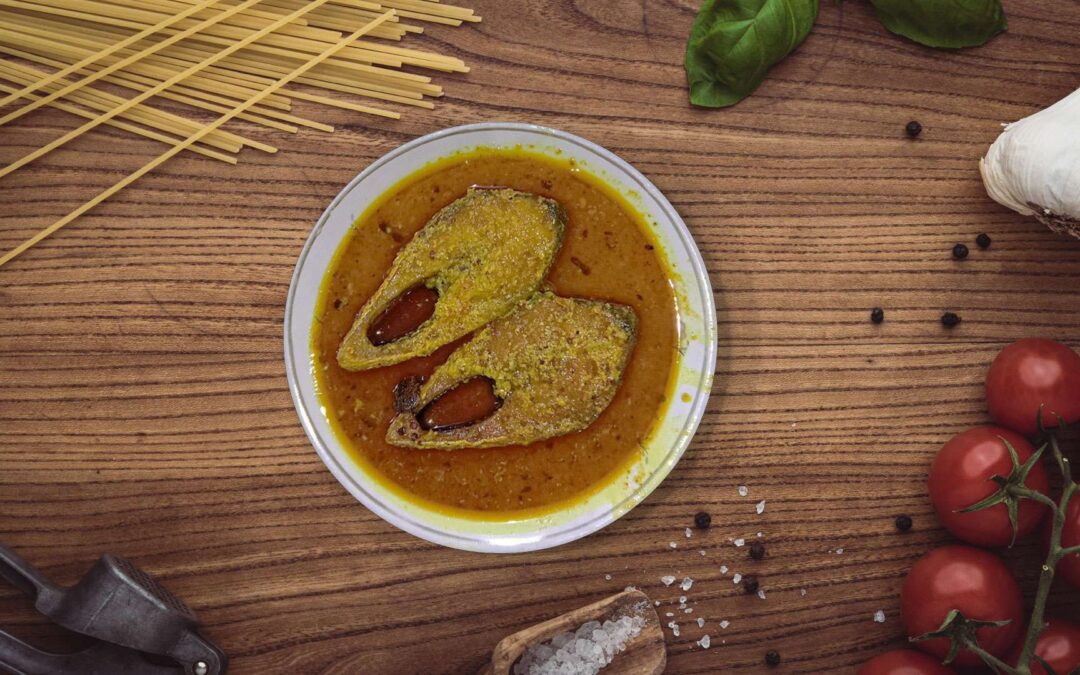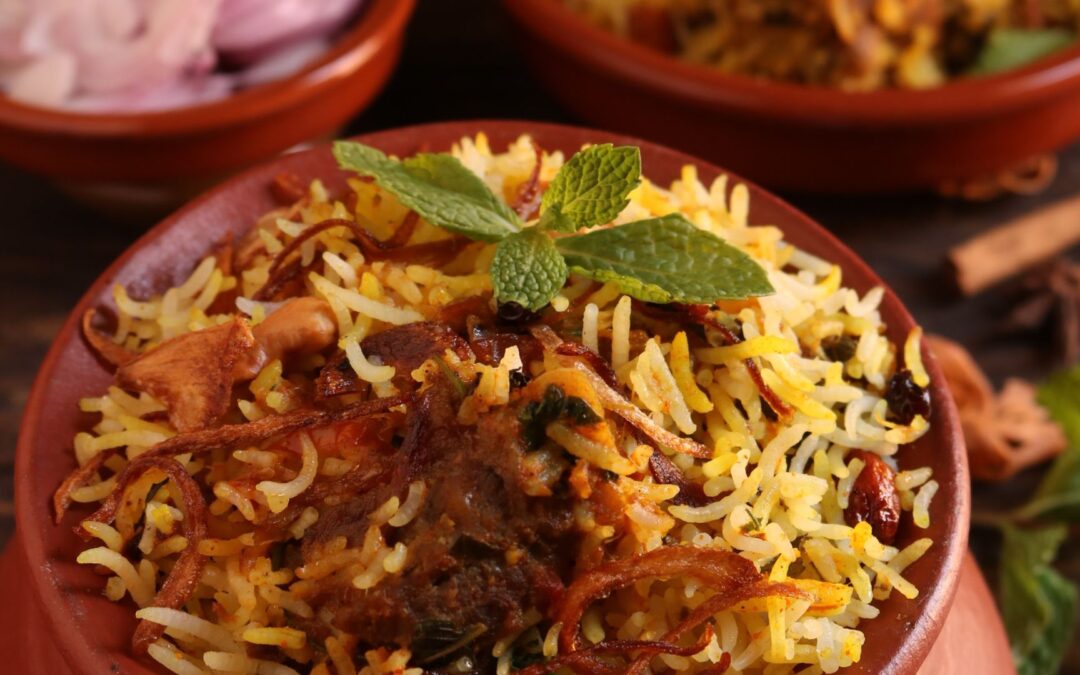For Bengali, smoked hot rice, a variety of mashed dried fish and some burnt dry red chilli are enough to feel mouth-watering. Among all foods, ‘Dried Fish’ (Shutki) is one of our traditional delicacies. Bengali has a wide range of taste options. That is why, for many years, we have included both raw fish and dried fish in our meals. Hearing the name of dried fish, some people cannot wait to eat and interestingly some cannot stand the smell, especially men. But the magic of this food stays behind this unwelcome smell. Dried fish, however, is unmistakably the name of one of Bengalis’ most delicious cuisines.
Some people rarely know how healthy dried fish is for our bodies. Even many of us do not have a clear idea about the nutritional value of dried fish. If good quality fresh fish is stored without any artificial preservatives, dried fish can be completely natural food. There are some pros and cons of having dried fish. Protein, calcium, cholesterol, and calories are all abundant in dried fish. It is said that dried fish is good for pregnant women as it contains iron, sodium, and other minerals. In addition, iron and iodine levels increase blood levels in the body, strengthening the body’s immune system. On the other hand, the high protein content of dried fish poses a threat to patients with liver, kidney, and gallbladder problems. People who have obesity and heart problems should avoid dried fish.

One of the oldest methods of food preservation is to preserve food by drying it in hot sun and air. The process of heating, evaporating extra water, preserving it with salt is called ‘Fish Drying’. A large quantity of dried fish is produced in Bangladesh every year. Most of the dry goods are produced in Dublar Char of Sundarbans, St. Martin’s Island, Sonadia Char, Maheshkhali, Naziratek of Cox’s Bazar, Ibrahimpur of Sunamganj, Jashmantapur of Jamalganj and other places. Dried fish is also found in the northern part of Bangladesh. Singra in Natore (especially around Chalanbil area), Sirajganj, Syedpur in Nilphamari, Thakurgaon, Panchagarh, Dinajpur are some of them.
Among the important fish and shrimps that can be dried in marine and freshwater: Bombay Duck, Ribbonfish, Small Barb, Clown Knifefish, Chinese Pomfret, and Small Prawn.
In our domestic context, it is not possible to conclude with some good points about dried fish. The beneficial part of it is huge and it is quite rich in taste. Starting from self-employment, exporting, growing the market and enriching the business sector, dried fish has an immense impact on our domestic economy. The presence of dried fish on the Bengali’s table is often noticed. Whatever the menu is Bengali proves that in the sector of traditional food, fish grabs the first position whether it is raw or dried.






